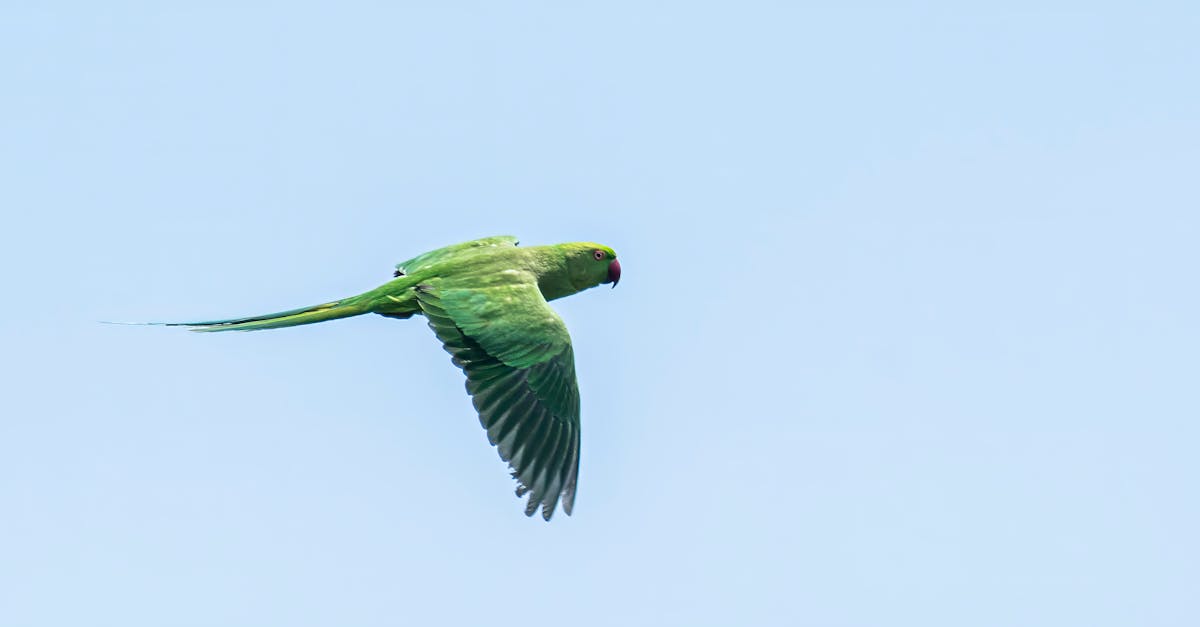The Allure of Exotic Pets: A Growing Trend
Ever wonder why exotic pets have become increasingly popular? It’s interesting that more and more people are drawn to the idea of owning a unique animal. From colorful parrots to slithering snakes, the appeal of having a pet that stands out from the usual cats and dogs is undeniable. But this growing trend raises a critical question: Are these exotic pets really legal everywhere?
The Legal Landscape: A Complex Web
Now that I think about it, the legality of owning exotic pets is far from straightforward. Different countries, and even different states within the same country, have varying laws and regulations. Here’s a thought: what might be perfectly legal in one place could be entirely prohibited just a few miles away.
United States: A Patchwork of Laws
In the United States, the legal landscape is particularly complex. Each state has its own set of rules regarding exotic pets. For example:
- California: Strict regulations prohibit the ownership of many exotic animals, including ferrets, hedgehogs, and certain reptiles.
- Texas: Known for its more lenient laws, Texas allows the ownership of many exotic pets, though specific permits may be required.
- New York: Similar to California, New York has stringent laws, banning several exotic animals.
It’s clear that understanding the legalities in your specific location is crucial before considering an exotic pet.
International Regulations: A Global Perspective
On that note, international regulations add another layer of complexity. Countries like Australia have very strict import laws to protect their native wildlife, while others, like some European nations, have more relaxed regulations. Speaking from experience, navigating these laws can be a daunting task, especially for first-time exotic pet owners.
Risks and Responsibilities: More Than Just a Pet
I’ve often thought about the responsibilities that come with owning an exotic pet. It’s not just about legality; it’s about understanding the unique needs and risks associated with these animals.
Health and Safety Concerns
Personally, I’ve found that exotic pets can pose significant health and safety risks. Here are some key considerations:
- Zoonotic Diseases: Exotic pets can carry diseases that are transmissible to humans. For example, reptiles can carry Salmonella, which can be particularly dangerous for young children and those with weakened immune systems.
- Safety Risks: Some exotic pets, such as large snakes or big cats, can pose serious safety risks. Proper handling and housing are essential to prevent accidents.
Environmental Impact
There’s something to be said for the environmental impact of owning exotic pets. Many of these animals are taken from their natural habitats, which can contribute to the decline of wild populations. In my opinion, it’s crucial to consider the ethical implications of owning an exotic pet.
Financial and Time Commitment
I couldn’t help but notice that exotic pets often require a significant financial and time commitment. Specialized diets, veterinary care, and proper housing can be costly. Additionally, these pets may require more attention and care than traditional pets.
The Benefits: Why People Choose Exotic Pets
Despite the challenges, there are undeniable benefits to owning exotic pets. Let’s dive into why people are so captivated by these unique animals.
Unique Companionship
As someone who has owned exotic pets, I can attest to the unique companionship they offer. Exotic pets can provide a sense of novelty and excitement that traditional pets may not. For example, parrots are known for their intelligence and ability to mimic human speech, creating a unique bond with their owners.
Educational Opportunities
I’ve learned that exotic pets can be incredibly educational. They offer a chance to learn about different species, their behaviors, and their natural habitats. This educational aspect can be particularly beneficial for children, fostering a love for animals and nature.
Conservation Efforts
Interestingly, some exotic pet owners are motivated by conservation efforts. By participating in breeding programs or supporting conservation initiatives, they contribute to the preservation of endangered species.
Navigating the Legal Maze: Steps to Take
If you’re considering an exotic pet, here’s a story: a friend of mine once wanted to adopt a hedgehog, only to find out it was illegal in their state. This might sound strange, but they had to navigate a complex legal maze to understand the regulations. Here’s a funny thing: they eventually moved to a neighboring state where hedgehogs were legal!
Research Local Laws
The first step is to thoroughly research local laws. Websites like Born Free USA provide valuable information on the legality of exotic pets in different states and countries.
Obtain Necessary Permits
If exotic pets are legal in your area, you may still need specific permits. Contact local wildlife agencies or animal control departments to understand the requirements.
Consider Ethical Sources
It dawned on me that sourcing your exotic pet ethically is crucial. Avoid supporting illegal wildlife trade by purchasing from reputable breeders or adopting from rescue organizations.
Stories from Exotic Pet Owners: Real-Life Experiences
I for example, have met several exotic pet owners who shared their experiences. Here’s a thought: their stories offer valuable insights into the joys and challenges of owning exotic pets.
A Parrot Enthusiast’s Tale
One owner, Sarah, shared her experience with owning a parrot. She said, “I’d never have guessed how intelligent and interactive parrots can be. They require a lot of attention and mental stimulation, but the bond we’ve formed is incredible.”
A Reptile Lover’s Journey
Another owner, Mark, spoke about his love for reptiles. “It’s clear that reptiles are often misunderstood. They have specific needs, but with proper care, they can be fascinating pets. I’ve always thought they’re like living art.”
A Big Cat Sanctuary
Finally, I visited a big cat sanctuary where I met volunteers who care for rescued big cats. They emphasized the importance of understanding the responsibilities and risks involved. “In my own life, I’ve seen the consequences of people not realizing what they’re getting into. These animals are not pets; they’re wild creatures that need specialized care.”
Final Thoughts: Making an Informed Decision
If you ask me, the decision to own an exotic pet should not be taken lightly. It’s a complex and multifaceted issue that requires careful consideration of legal, ethical, and practical aspects.
Educate Yourself
You may already know that education is key. Learn about the specific needs and behaviors of the exotic pet you’re interested in. This knowledge will help you provide the best care possible.
Consult Experts
In my opinion, consulting with experts, such as veterinarians and experienced exotic pet owners, can provide valuable insights. They can offer guidance on proper care, legal requirements, and potential challenges.
Reflect on Your Commitment
Reflect on your ability to commit to the long-term care of an exotic pet. These animals often have long lifespans and require ongoing attention and resources.
Take Action Responsibly
If you decide to proceed, take action responsibly. Ensure you comply with all legal requirements, source your pet ethically, and provide the best possible care.
The Takeaway: Exotic Pets Are a Serious Commitment
Now you know that owning an exotic pet is a serious commitment that goes beyond the initial allure. It involves navigating a complex legal landscape, understanding the unique needs and risks, and making an informed and ethical decision.
I’ve been meaning to share this information because I believe it’s crucial for potential exotic pet owners to be fully aware of what they’re getting into. It reminds me of the saying, “With great power comes great responsibility.” The same applies to the privilege of owning an exotic pet.
So, come to think of it, if you’re considering an exotic pet, take the time to educate yourself, consult experts, and reflect on your commitment. By doing so, you’ll be better prepared to provide a loving and responsible home for your unique companion.










